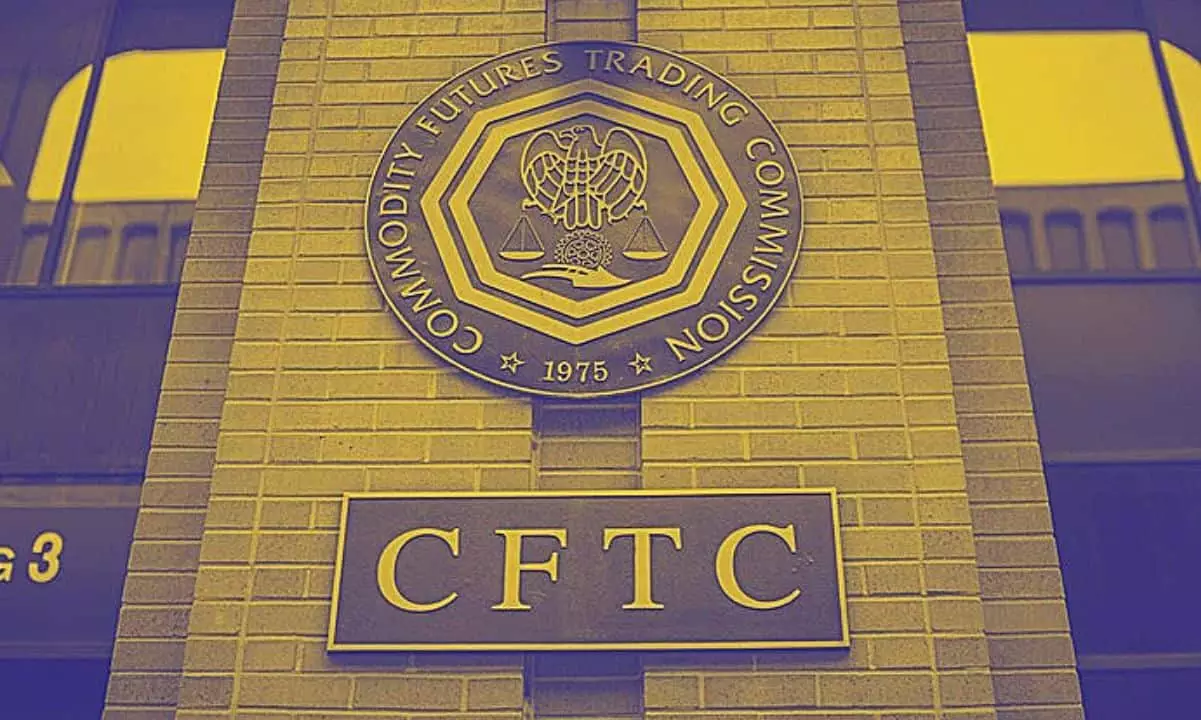On Wednesday, a significant shift in leadership occurred at the Commodity Futures Trading Commission (CFTC) as Acting Chair Caroline Pham announced the appointment of Harry Jung as Acting Chief of Staff. Previously serving as Pham’s Counselor and Senior Policy Advisor, Jung brings a wealth of experience to his new role, particularly concerning the regulation of cryptocurrencies and digital assets. His background at Citigroup and other regulatory positions equips him to lead the agency’s engagement in this rapidly evolving market.
Pham’s interim leadership comes amid a series of broader changes following her recent appointment by former President Donald Trump. Pham’s advocacy for digital asset initiatives is well-documented, including the establishment of a Digital Asset Markets subcommittee aimed at navigating the complexities of cryptocurrency regulation. Her forward-thinking proposals, such as creating a regulatory sandbox in 2023 designed to foster innovation while ensuring adequate oversight, reflect an evolving environment in the financial regulatory landscape.
The Ongoing Transition: Leaving Roles and New Contenders
As Pham steps into her role, the agency faces the upcoming departure of Rostin Behnam on February 7th, creating urgency around the need for a permanent appointment. Former CFTC Commissioner Brian Quintenz has emerged as a frontrunner for this pivotal role. Behnam’s involvement in digital asset regulation has been characterized by a strong commitment to ensuring that the CFTC leads in overseeing Bitcoin and other digital currencies. His term was marked by decisive action, including a landmark $2.7 billion settlement with Binance, underscoring the agency’s aggressive stance on compliance within the crypto sector.
Under Behnam’s tenure, the CFTC intensified its enforcement actions, including recent subpoenas against cryptocurrency exchange Coinbase. These efforts were part of a broader strategy to tackle allegations of market manipulation and gambling law violations at platforms like Polymarket. Such actions illustrate the CFTC’s critical role in navigating the tumultuous waters of digital asset regulation, particularly as the market expands.
Parallel Developments in Other Regulatory Agencies
The shakeup at the CFTC mirrors changes at the U.S. Securities and Exchange Commission (SEC), where Mark Uyeda has been appointed acting chair, succeeding Gary Gensler. Uyeda’s tenure is marked by a more lenient regulatory philosophy regarding cryptocurrencies. He has been vocal against Gensler’s stringent policies, advocating for less aggressive enforcement actions against non-fraudulent crypto firms. This philosophical shift in leadership could significantly impact future regulatory approaches towards digital assets.
As the landscape of financial regulation continues to evolve, the introduction of Paul Atkins as Trump’s nominee for permanent SEC chair further emphasizes this ongoing transformation. His pro-crypto stance could herald a more constructive engagement between regulators and cryptocurrency markets.
At the Federal Deposit Insurance Corporation (FDIC), the appointment of Travis Hill as interim chair following Marty Gruenberg’s resignation adds to the growing number of transitions in leadership across financial regulatory bodies. These appointments signify a critical juncture as the U.S. grapples with the complexities of an increasingly digital economy, forcing regulators to adapt quickly to ensure effective oversight while fostering innovation.
These leadership changes indicate a concerted effort to reposition regulatory frameworks in a way that balances oversight with innovation in the fast-evolving cryptocurrency landscape.


Leave a Reply